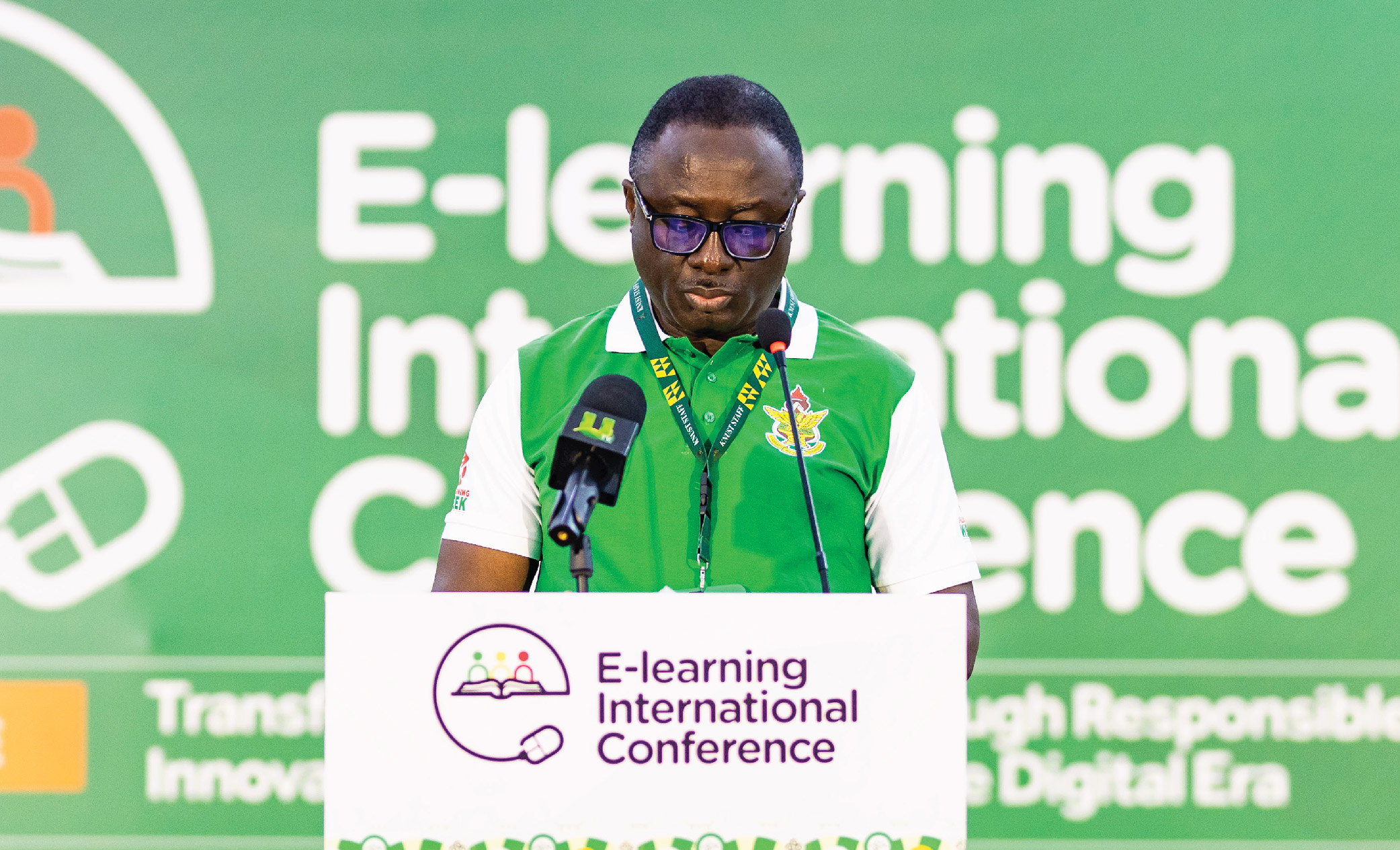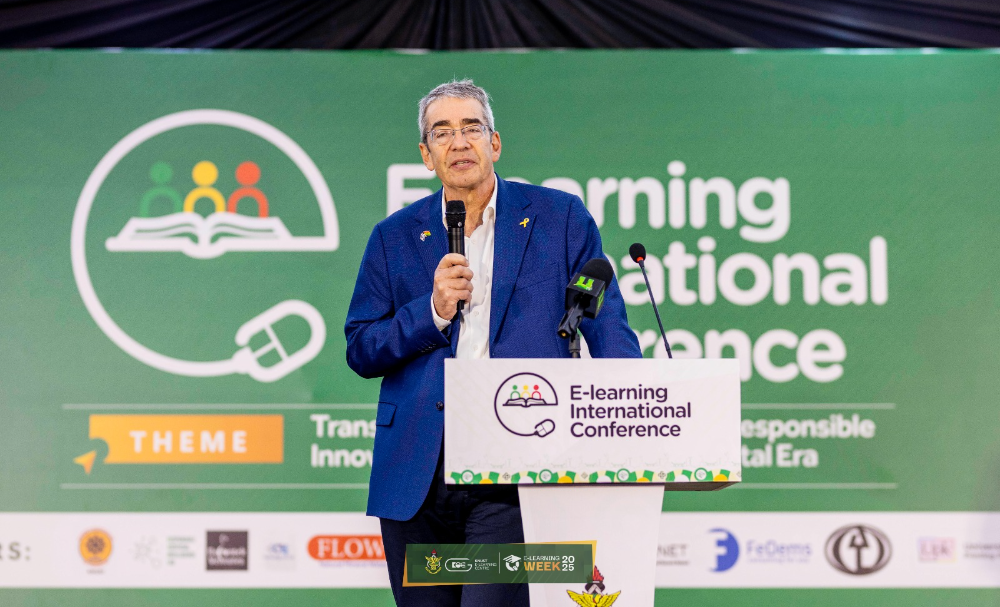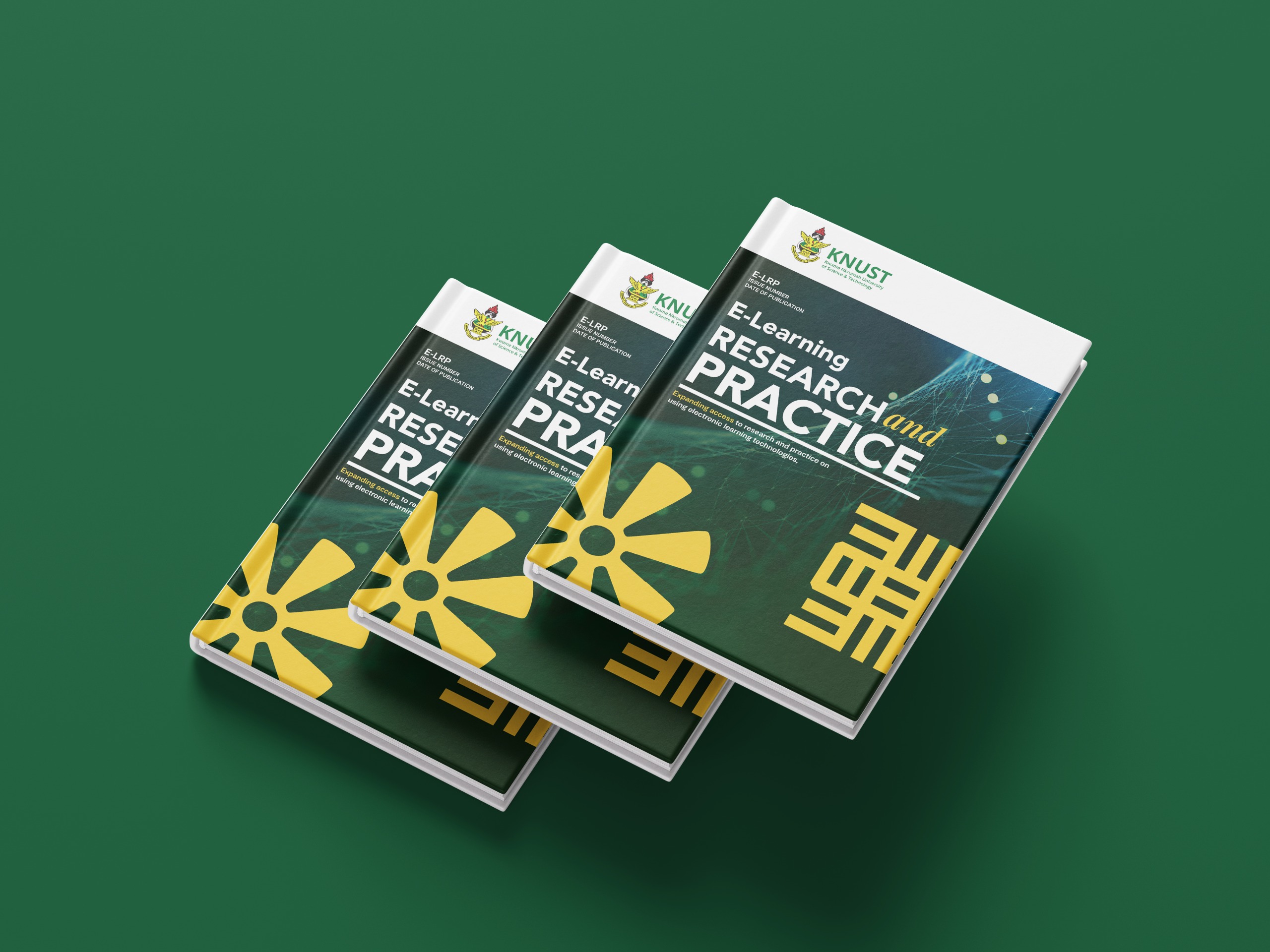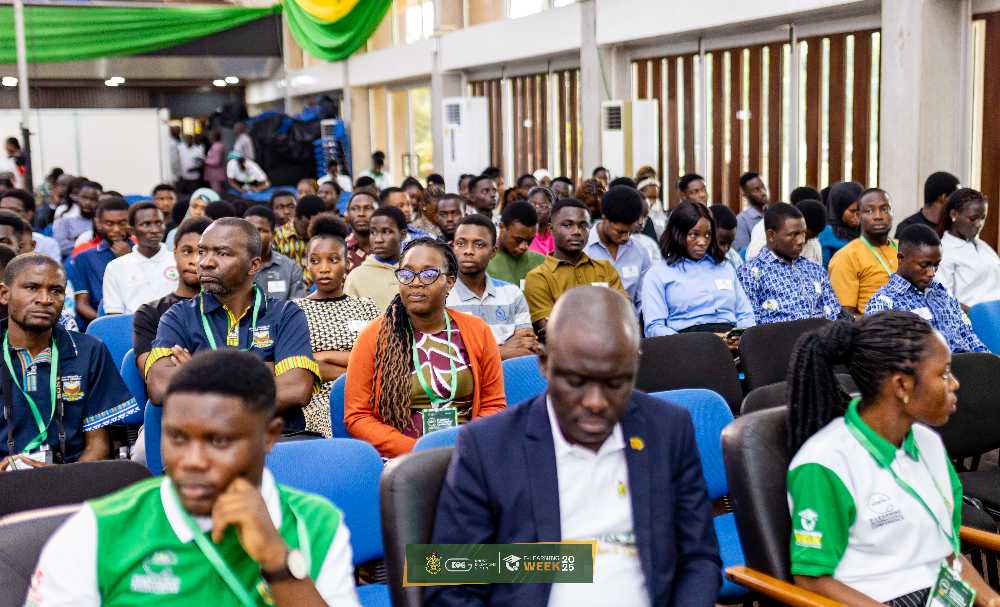The Kwame Nkrumah University of Science and Technology (KNUST), Kumasi has held its third E-Learning International Conference, aimed at exploring strategies for responsible innovation in the digital era.

Speaking at the opening ceremony at the Great Hall, Professor Eric Appau Asante, Director of the KNUST E-Learning Centre, said the conference was designed to serve as a global classroom.
“This conference is not just an event, it is a global classroom,” Asante said. “We are here to ensure that the digital revolution does not leave education behind and more importantly, that education does not leave anyone behind.”
He said the event would generate practical solutions and frameworks to guide the integration of digital tools in education, while promoting inclusion. “We gather here to learn, unpack what responsible innovation looks like in practical terms, and bring clarity to the word inclusion,” he added.
The conference also aims to support capacity building for educators and administrators, foster partnerships between academia and industry, and produce policy recommendations to advance national and regional education agendas.

KNUST Pro Vice-Chancellor Professor David Asamoah said the university’s response to the COVID-19 pandemic had served as a springboard for long-term digital transformation.
“Over 90% of KNUST’s undergraduate and postgraduate courses now have an online component, supported by the efforts of the E-Learning Centre,” Prof. Asamoah said.
He cited initiatives such as the Digital Scholar Initiative for first-year students and zero-rated access to the university’s Learning Management System, in collaboration with MTN Ghana and Telecel Ghana, aimed at improving access for students in rural and peri-urban areas.
Prof. Asamoah also highlighted KNUST’s research in digital education, including the use of virtual reality in architecture and clinical training, and partnerships with international institutions to promote open educational resources and collaborative learning.
He said more than 4,500 staff had been trained in digital tools over the past two years, and pointed to student-led projects such as a solar-powered tablet designed to support rural education as evidence of the university’s commitment to innovation with social impact.
“KNUST is not only a consumer of digital tools but also a generator of knowledge,” Asamoah said. “Our researchers are conducting studies on the impact of digital learning on student outcomes and the use of virtual reality in science education. These tools allow for realistic, hands-on practice before students encounter real-life cases.”
He called on academia, industry, and government to collaborate in ensuring that digital transformation does not deepen inequality.
“Let us pursue transformation that leaves no learner behind. Let us inspire a generation of educators and students to embrace change not with fear, but with creativity and courage,” he said.
Dr. Margaret Korosec, Dean of Online and Digital Education at the University of Leeds, defined responsible innovation as anticipating and evaluating the impact of educational technologies, engaging diverse stakeholders, and aligning innovations with long-term goals of equity, quality, and sustainability.
She emphasized that inclusion must encompass digital accessibility, cultural relevance, pedagogical belonging, data justice, privacy, and educator capacity building.
“We must envision a future where innovation amplifies human potential, where every student feels a sense of belonging, and educators are supported and empowered,” she said.

Israeli Ambassador to Ghana Roey Gilad in an address said the biggest challenge facing e-learning is the lack of human engagement.
He believes human interaction is key in fostering meaningful education.
“I believe the dialogue between teachers and students in the classroom is an important part of education,” Gilad said. “Technology is a tool, a means but we must remember that on the other side is the student. It is the content and human connection that give education its true value.”

The conference also featured the launch of the E-Learning Research and Practice Journal, a scholarly platform for documenting research and practices in digital education across Africa.

















